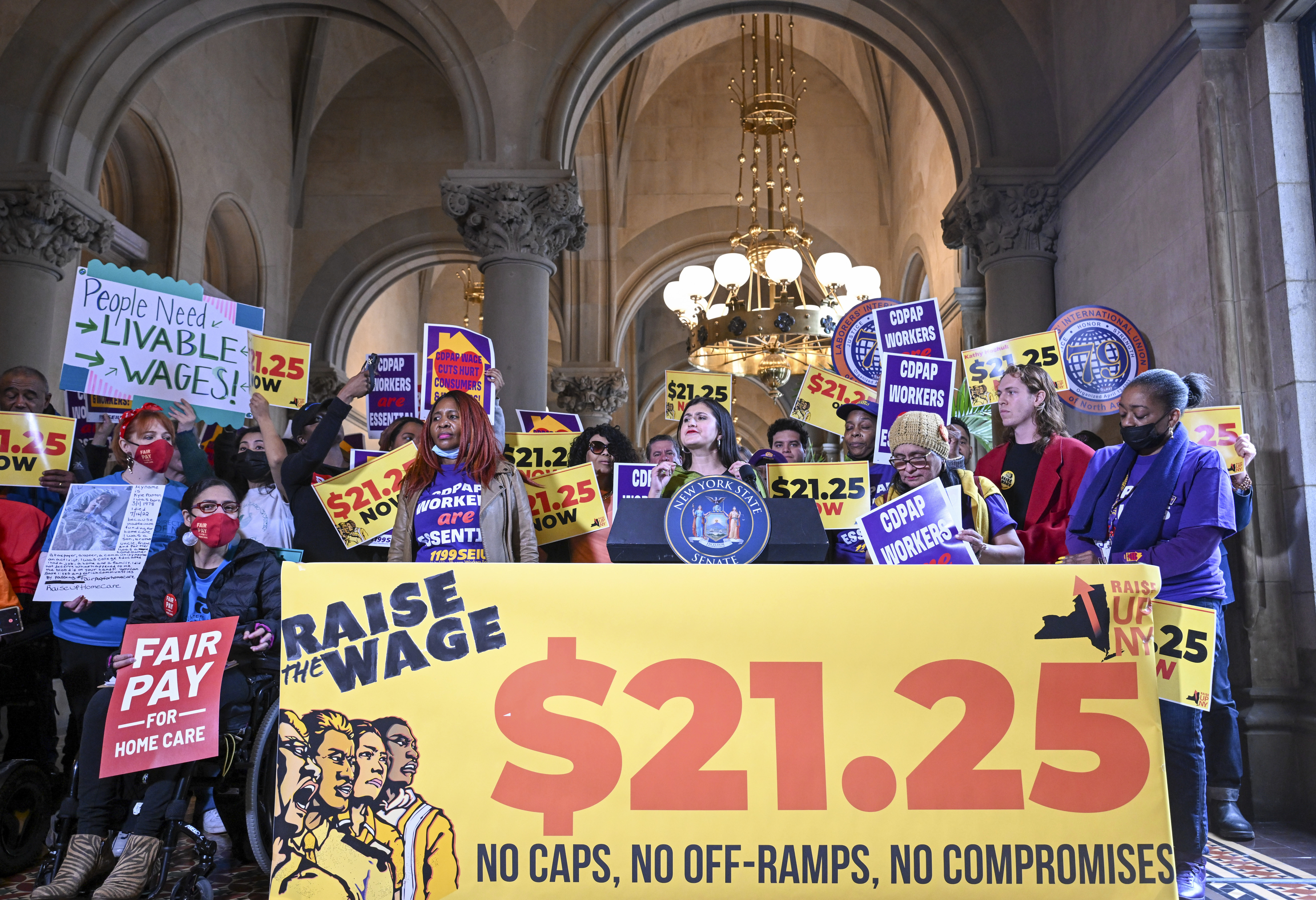New York State criminalizes underpaying employees

Employees who steal have always risked going to prison for stealing from their jobs, while employers often get away with stealing from their workers with only a slap on the wrist. That double standard is now over in New York after Gov. Kathy Hochul recently signed a bill to criminalize employers from stealing wages.
New York employers are being reminded to update their policies, handbooks, posters and notices. However, a crucial development that requires immediate attention is the recent addition to the New York State Penal Law, which now criminalizes the failure to pay proper wages.
This new legislation extends to all individuals who perform work for wages, not just W-2 employees. It’s not limited to refusal to pay weekly wages but also includes non-payment of overtime, promised wages and other compensations. The law now classifies “compensation for labor or services” as property under larceny laws, implying that any payroll mistake or failure to comply with wage laws can lead to serious legal consequences.